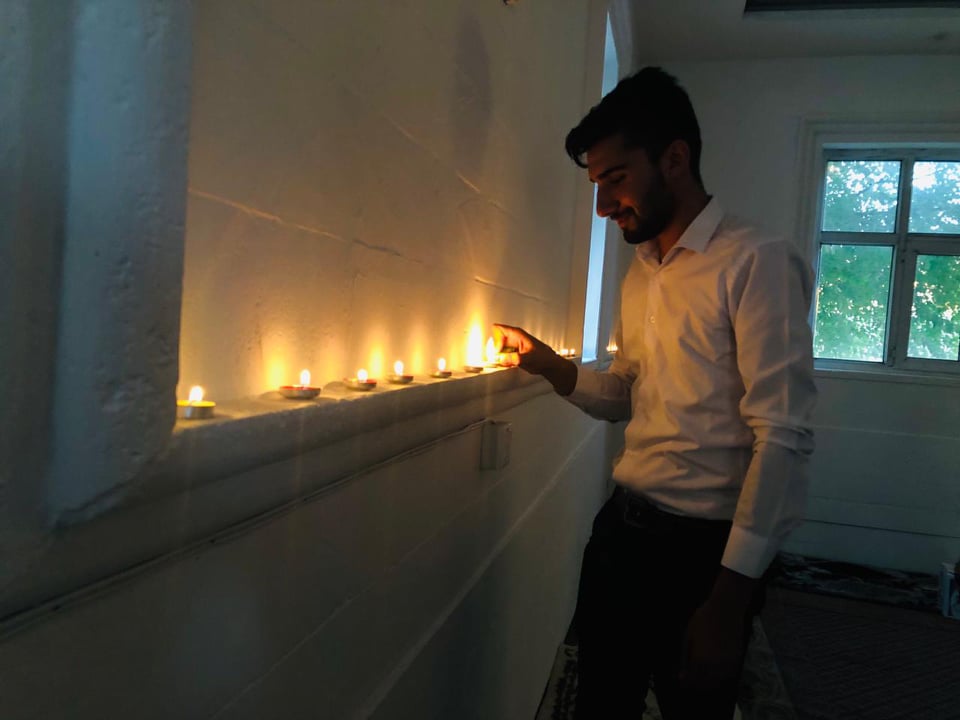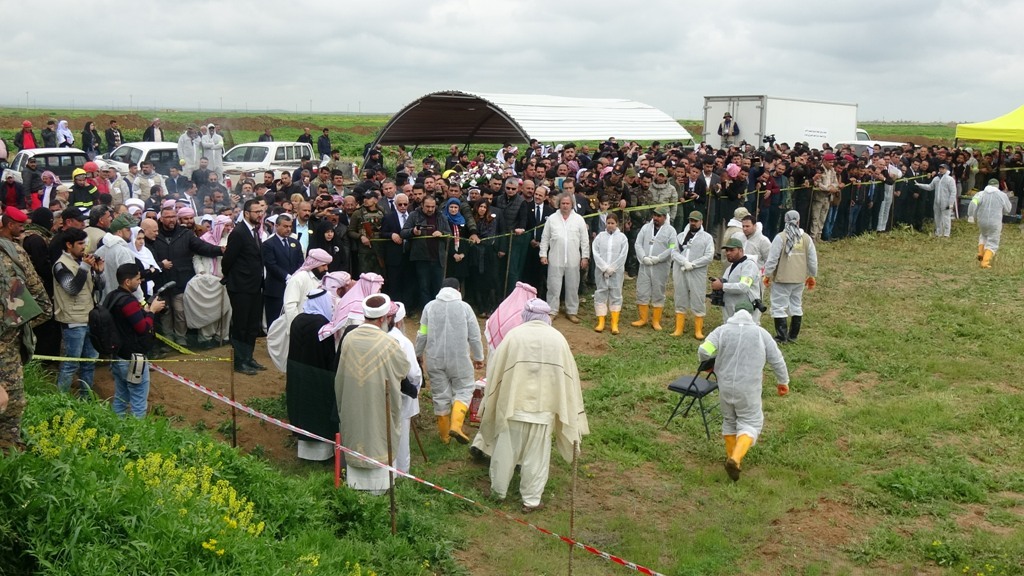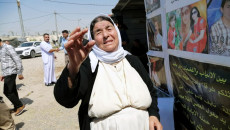The Yazidis and most Iraqi government officials consider what ISIS did to the community as genocide. But, internationally, the massacre and enslavement of Yazidi women and girls is still not recognized as genocide.
On 3 August 2014, ISIS assaulted and took over much of the Shingal district in Nineveh province, massacred thousands and kidnapped thousands of women and children and subjected them to (sexual) slavery. They also destroyed many religious sites that were sacred to the Yazidis.
Six years after the date, ISIS atrocities in Shingal still not recognized as genocide, neither by the Iraqi government, nor by the international community.
Haso Hurmi, chairman of an international Yazidi organization against genocide, told KirkukNow: “If we want the atrocity to be recognized as genocide and the relatives of the victims be compensated, then the case at the Hague Court [International Court of Justice] must be worked on, or for a special international court to be set up for the August 3 catastrophe.”
“By setting up a special international court for the atricities, both its recognition as genocide will be accelerated and future compensation from the UN for the Yazidi victims will be guaranteed.”
According Hurmi’s organization, more than 10 parliamentarians from around the world have recognized the 2014 atrocities as genocide.

Shingal, August 2020 – commemoration of Yazidi victims of ISIS – Photo sent to KirkukNow
Hurmi thinks that a special law should be passed at the Iraqi parliament for judging arrested ISIS militants, instead of judging them in accordance to the existing Anti-terror Law.
There are no laws in Iraq on mass murder to be used as framework for recognizing the atrocities committed against the Yazidis as genocide.
“A special [Iraqi] court should be set up to deal with the mass murder of the Yazidis, but the Iraqi government is still not willing to do so. Maybe the reason for that is [the fear] that the neglect by some high-level officials will be revealed in that case.”
According to KRG’s Yazidi Rescue Office, ISIS kidnapped 6,417 Yazidis, most of them women and children. 3,530 have manged to escape or were rescued. The fate of 2887 individuals is still unknown.
During their attacks, ISIS militants massacred 1293 Yazidis and destroyed 68 shrines. 80 mass graves have been found so far.

Shingal, August 2020 – commemoration of Yazidi victims at Sharafaddin Shrine – Photo sent to KirkukNow
KRG has formed a committee for the recognition of the atrocities as genocide.
Hussein Qasim Hassun, advisor to Kurdistan Region President, told KirkukNow: “We’ve made good progress through that committee, by gathering information and evidence. But the Coronavirus and the current situation forced us to stop. We will resume the work of course.”
Last year, the Kurdistan Region Parliament passed a resolution designating 3 August as Yazidi Genocide Remembrance Day, and requested the Iraqi government to compensate the victims.
In 2017 the UN formed a committee to gather evidence on the atrocities.
“The problem is that the UN committee is unable to work with the Iraqi courts on a legal basis, because those courts are not specialized in genocide. That’s why the Law for the High Criminal Court must be activated once again by the Parliament,” said Hassun.
The High Criminal Court was set up to judge high-level officials of toppled the Ba’th regime in 2003 and was later dismantled.
He says that requests by the KRG has to re-establish the court is ignored by Baghdad.
Hadia Murad Haidar, a Yazidi member of Kurdistan Region Parliament, told KirkukNow: “What is hurtful for us is the lack of a stance by the Iraqi Parliament. They could at least recognize August 3 as the day of genocide against the Yazidis.”
“The Iraqi government is heedless; they haven’t taken any satisfactory steps,” added Haidar.
The first mass grave the Iraqi government decided (on 15 March 2019) to uncover was one in the village of Kojo. 364 remains were exhumed and sent to Baghdad for forensic analysis.

Nineveh, 2019 – first uncovering of a mass grave at Kojo village – Photo by KirkukNow
According to KRG numbers, before the genocide there were 550,000 Yazidis in Iraq. 360 of them have been displaced and 100,000 have become refugees.
And according to KRG numbers from February 2020, there are more than 787,000 displaced individuals residing in the Kurdistan Region of Iraq. 30% of them are Yazidis.





